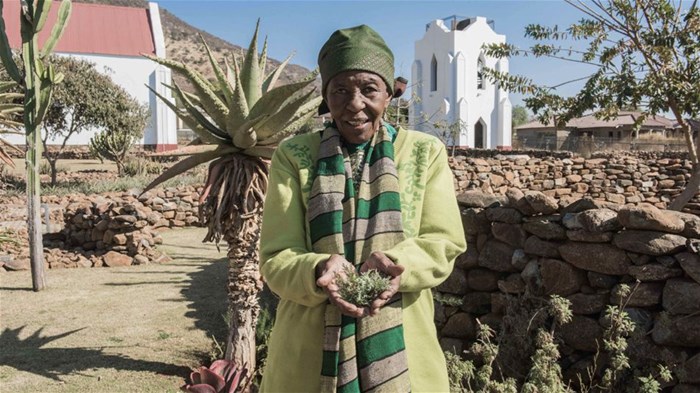
On our national coat of arms, the /Xam motto, !ke e: /xarra //ke, translates to ‘diverse people unite’. /Xam, an indigenous Khoisan language, has long been extinct. Its inscription on our national emblem is a symbol of what we stand to lose. South Africa has 11 official languages – a unique acknowledgement that is a source of immense pride. It’s not something to be taken for granted.
Language is an integral part of our identity, a reflection of the varied cultures that exist together. With the disappearance of language comes the slow death of diversity. It also places indigenous knowledge systems in peril. In order to preserve our heritage, it’s up to all of us to speak our mother tongue.
There are approximately 6,900 languages in the world. Yet nearly half of them are endangered. A small number of languages, such as Mandarin, Spanish, and English, are spoken by millions of people. However, just over one percent of the global population keeps approximately 5,000 languages alive.
The erosion of languages has been the result of colonialism, globalisation, and the influence of dominant languages. But it’s not simply a matter of what languages are we losing, but whose? What identities, traditions, and ways of thinking are disappearing as a result? Language isn’t just tied to communication, but meaning. It’s how we understand and mediate our lives. The unequal distribution of languages and speakers places numerous cultures in imminent danger. To lose language is to lose an essential part of being human.
Language is vital to our humanity, but it also plays a central role in the environment. There’s a direct correlation between rates of linguistic diversity and biological diversity. Embedded within indigenous languages is knowledge that could be pivotal to the conservation of our ecosystems. As Jonathan Loh and David Harmon explain, “The names, uses and preparation of medicinal and food species, both plant and animal, and traditional methods of farming, fishing, hunting and natural resource management are disappearing.” But so too are the spiritual beliefs that originate from such practices. Historically, people formed their spirituality around their relationship with the environment, recognising that harmony between humans and the land is sacred.
In South Africa, no Khoisan language is officially recognised, and Nama is the only viable Khoekhoe language still in existence. When our indigenous languages died out, so too did a wealth of knowledge that we will never be able to recover. It is crucial we prevent this from happening again. Preserving language means to speak it and pass it on through generations. Language is the foundation of the world we live in, and South Africans are ensuring those foundations remain strong.
Fortunate Phaka is uniting traditional knowledge and science. He published the first ever scientific journal in isiZulu, proving the inextricable connection between African culture and the environment. “We have our own classification system that’s also similar to how science names and classifies things,” he says. His journal ensures that local wisdom continues to complement and impact our understanding and preservation of the natural world.
Where bookshelves are dominated by English authors, Charmaine Mrwebi and Tiisetso Thiba are establishing a new literary norm. Charmaine has written children’s books in Setswana, reaching 5,000 kids across the Free State, while Tiisetso immortalises the language with his novels. “Through my writing, I can preserve a big part of who I am,” he says.
Music too has the power to conserve our languages. Quintin Goliath, known as Jitsvinger, raps in Afrikaans, celebrating his heritage and defying the association of hip-hop with gangsterism. Then there’s Moonchild Sanelly, who sings in a hybrid of isiXhosa and English, which she terms Xhonglish. This way, she can connect with a diversity of audiences. Joao da Fonseca stands out. After moving to South Africa as a young boy from Portugal, he has embraced local languages as his own. As the lead singer of Mi Casa, he communicates in isiZulu, isiXhosa and Tswana, crossing boundaries at his shows.
But passing on our mother tongue starts with children. Nonhlanhla Mthethwa has taken an imaginative approach to teaching kids their first language. She created a line of dolls that sing nursery rhymes in all 11 of South Africa’s official languages. This simple innovation allows children to hear and interact with their mother tongue from an early age.
We are human because we speak. The words we use are not isolated constructs. They are the basis for how we think, perceive the world, and live our lives. Language is the very essence of our humanity. Our cultures, identities, and knowledge systems depend on us raising our voices. For this heritage to survive, we must share our mother tongue. The myriad languages of the world are what define us. And in diversity, there is unity.